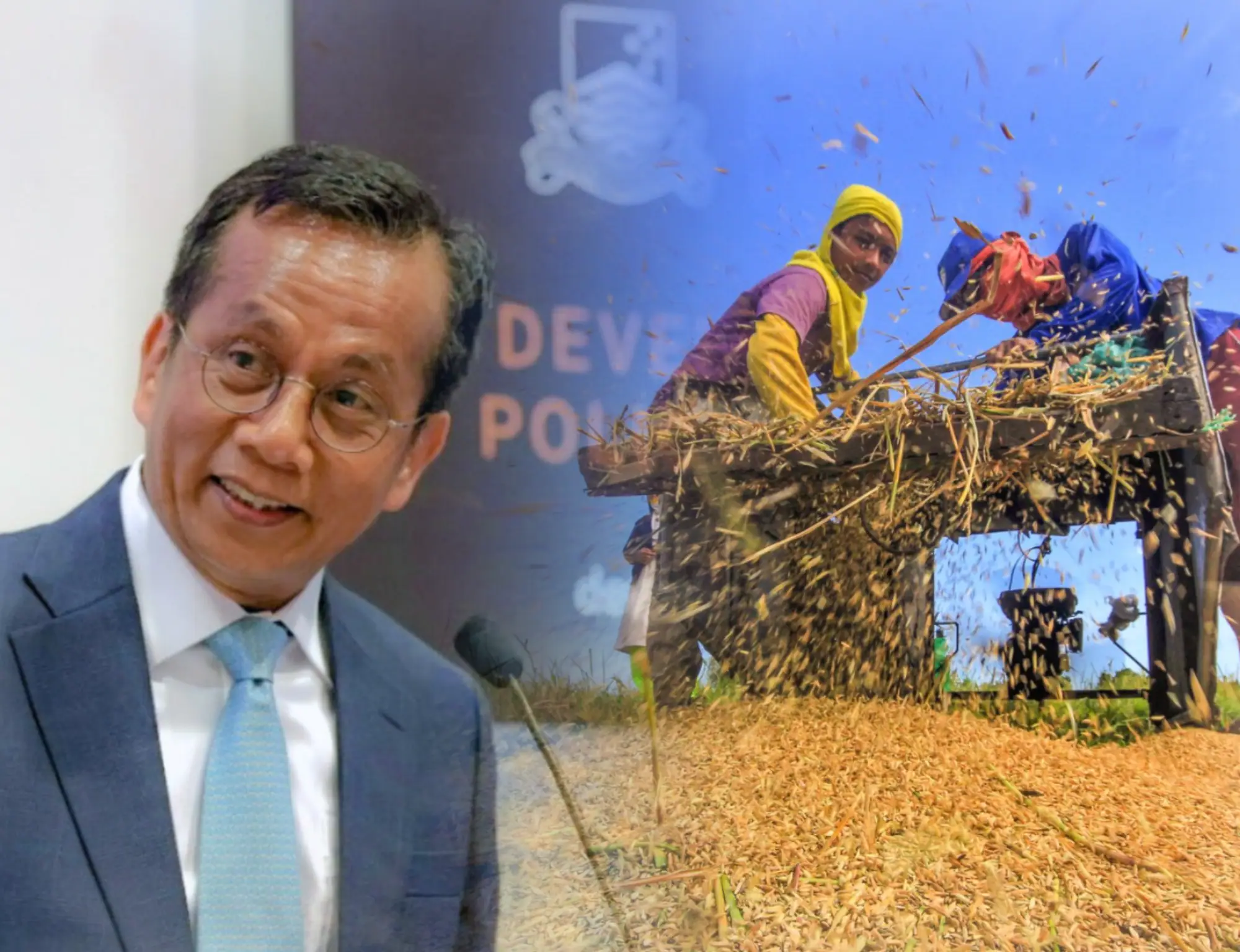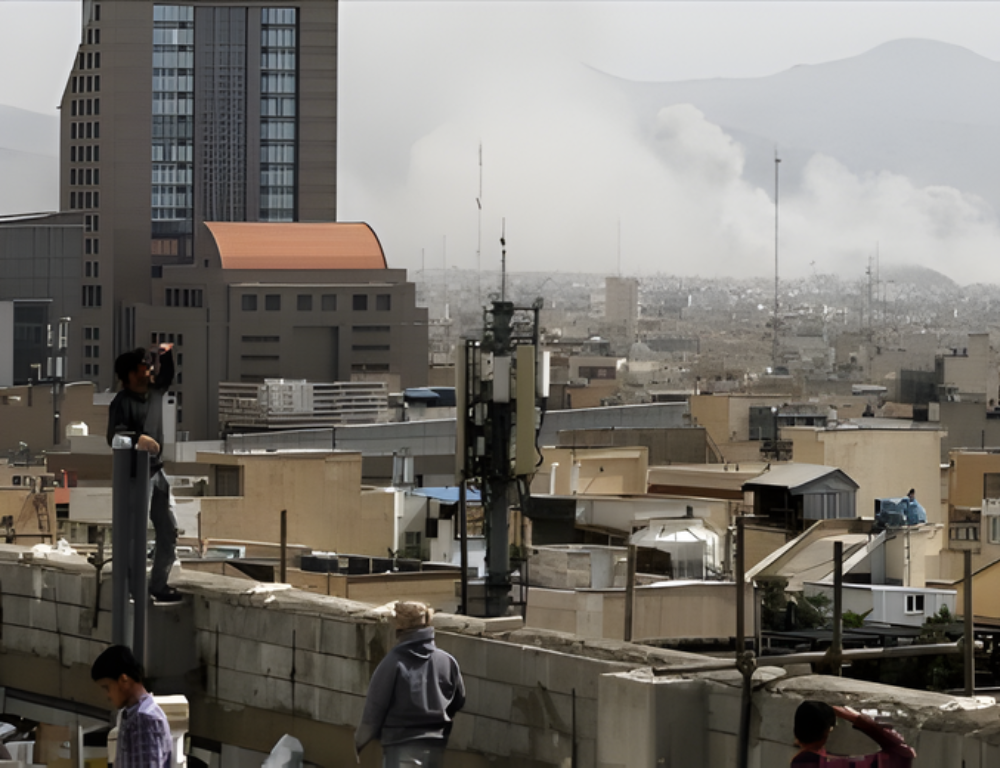
Government measures, including productivity-enhancing and strategic trade measures, helped ease inflationary pressures, maintaining the country’s inflation rate within the government’s target range, according to the National Economic and Development Authority (NEDA).
The Philippine Statistics Authority (PSA) reported on Thursday (December 5) a notable decline in rice inflation, which dropped to 5.1 percent in November 2024 from 9.6 percent in October 2024. While overall inflation in November slightly increased to 2.5 percent from 2.3 in October, the country’s average inflation rate from January to November stands at 3.2 percent, comfortably within the government’s target range of 2 to 4 percent.
“Despite the strong typhoons our country faced in recent months, consumer prices have remained relatively stable. This demonstrates the resilience of our economy and the effectiveness of our policies,” said NEDA Secretary Arsenio M. Balisacan.
However, Balisacan emphasized that the government is closely monitoring prices of commodities, especially food, in the wake of successive typhoons in October and November. These typhoons adversely affected food supply and logistics, resulting in a rise in food inflation to 3.5 percent from 3.0 percent, with vegetable inflation accelerating to 5.9 percent from -9.2 percent deflation in October.
During its December 2 meeting, the Development Budget Coordination Committee (DBCC) of the NEDA Board projected that full-year 2024 inflation would average between 3.1 to 3.3 percent, significantly lower than last year’s average inflation rate of 6.0 percent. Furthermore, the DBCC maintained the inflation assumption of 2.0 to 4.0 percent from 2025 to 2028.
“We are committed to maintaining price stability by ensuring inflation remains low and manageable. This will be supported by prudent monetary policies and strategic trade measures in the near term, as well as improved access to quality job opportunities and productivity-enhancing reforms in the medium term” said Balisacan.
To further address food prices, the Department of Agriculture is set to launch the Kadiwa Rice-for-All program across major public markets to offer more affordable options for consumers amid the persistently elevated rice prices. In addition, DA is also conducting an extensive review of existing livestock transport regulations in order to ease the transport of chickens and hogs without compromising food safety.
Meanwhile, to continuously address the impact of the African Swine Fever (ASF) and Avian Influenza (AI), the DA issued Administrative Circular No. 10 authorizing the Bureau of Animal Industry (BAI) to set up livestock, poultry, and meat industry inspection sites in Metro Manila and nearby regions to prevent the spread of animal diseases. Also, DA amended the ASF vaccine guidelines under Administrative Circular No. 13, s. 2024, easing participation requirements to broaden coverage and accelerate the vaccination program.
Balisacan added that the government remains optimistic that the December inflation figures will sustain the trend of price stability and that inflation will remain within the government’s target range.
“Through the timely and strategic use of our various policy levers, a whole-of-government and whole-of-society approach is vital to sustain our momentum in effectively managing inflation. Achieving this objective will be key to making economic growth more inclusive and accelerating our poverty reduction efforts,” Balisacan said. (NEDA)











